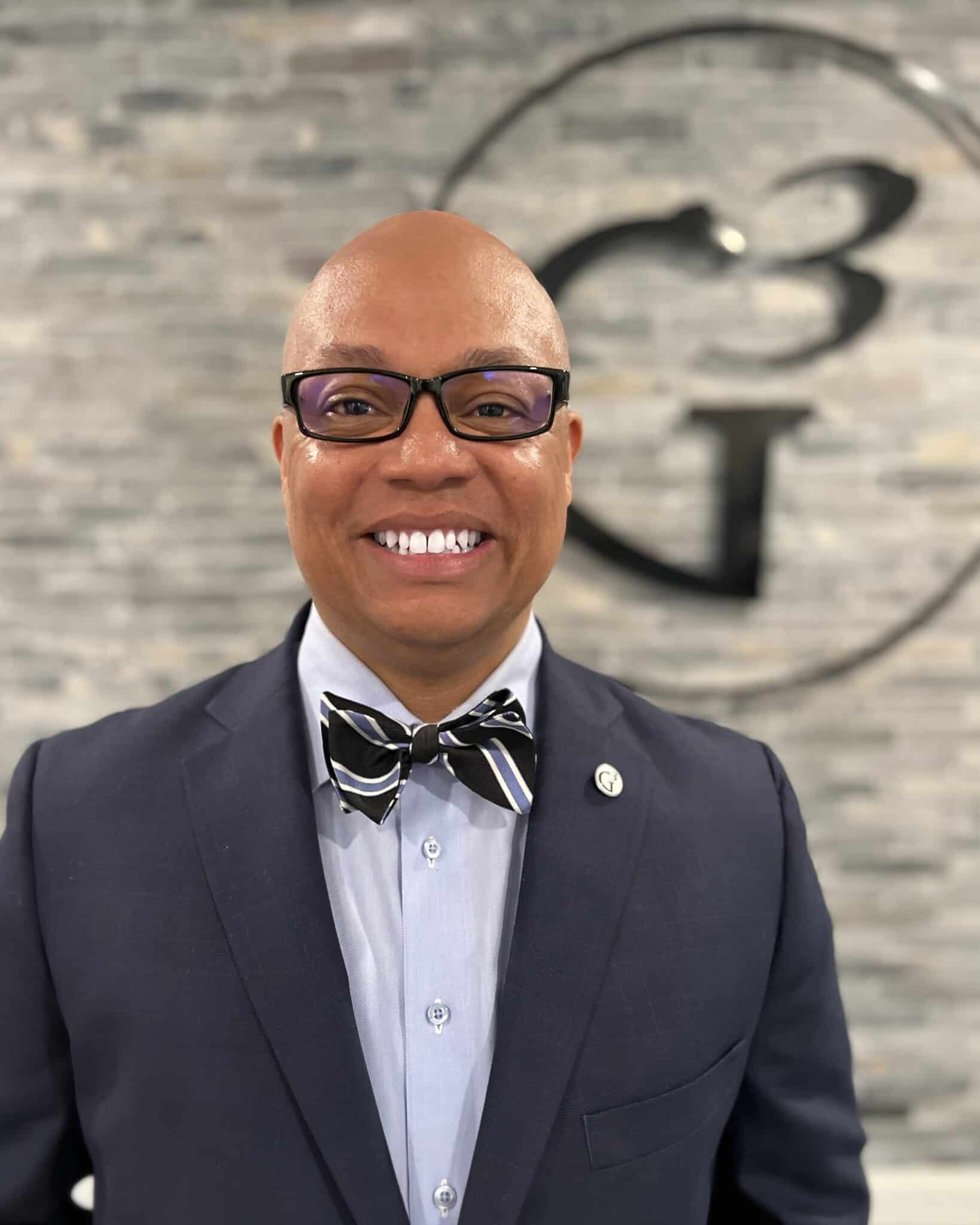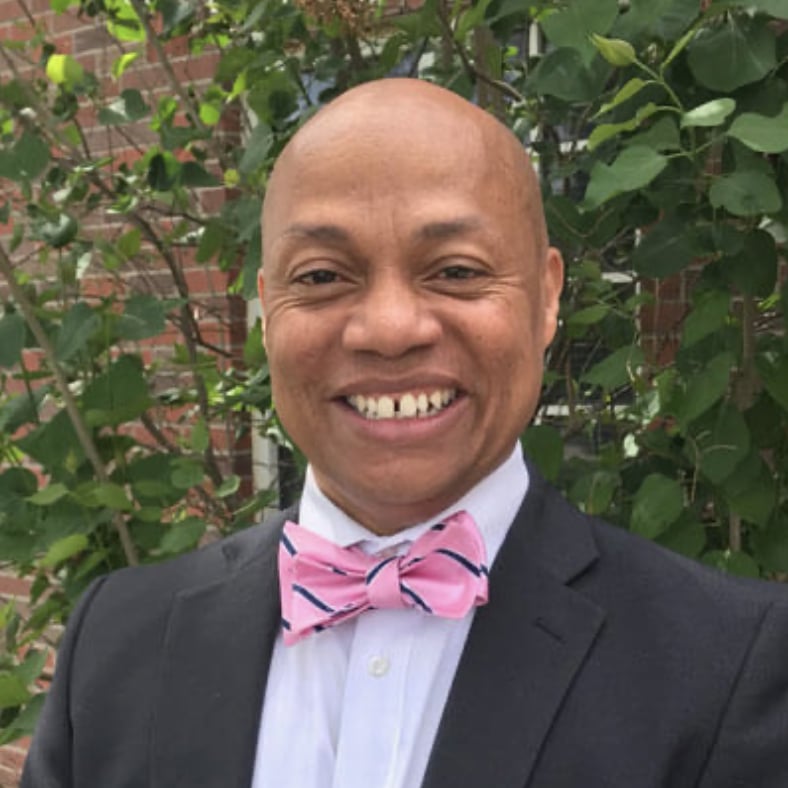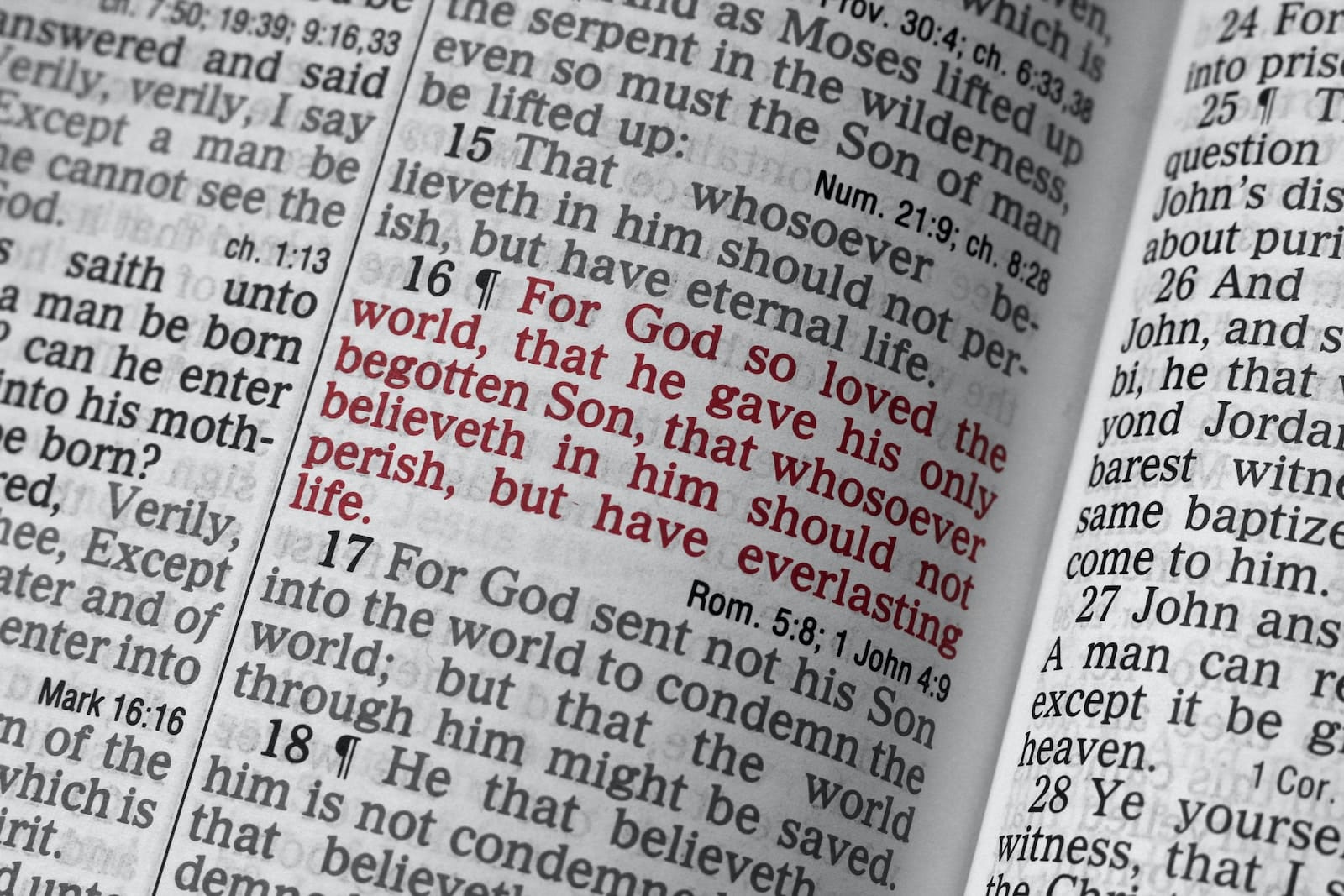In his famous sermon, “Sinners in the Hands of an Angry God,” eighteenth-century theologian Johnathan Edwards boldly proclaimed, “Almost every natural man that hears of hell flatters himself that he shall escape it; he depends upon himself for his own security; he flatters himself in what he has done, in what he is now doing, or in what he intends to do.”
According to Edwards, the natural man is engaged in a lifetime of struggle, ignoring the clear judgment of damnation. Imagine being at a funeral where the pastor boldly states that the departed, despite appearing outwardly “good,” was destined for eternal suffering in hell. This thought alone is shocking. Such a proclamation would cause outrage, confusion, and perhaps even fear.
Edwards was right. The natural man shies away from self-examination, honest introspection, and repentance. Many reject the truth of their inherent depravity and subsequent damnation. Denying this truth means ignoring the only message that saves, causing them to miss out on the hope found in the gospel.
We all possess an innate sense of something beyond this life. However, neglecting the gospel leads to creating false narratives about eternity. These assumptions ignore the need for Christ’s redemptive work on the cross, forcing some to believe that entering heaven requires a lifetime of virtuous behavior. Consequently, universalism—the idea that all souls will be in heaven—is becoming increasingly prevalent.
Our contemporary approach to faith has led to a prevailing culture of functional universalism, significantly impacting society and eroding the message of hope within Christ’s gospel. Has the modern mind lost its grip on the idea of Jesus’s sacrifice?
Celebrity Faith and Heaven’s Gate
In a society that often avoids discussing weighty matters like hell, damnation, and the necessity of salvation, we tend to divert our attention to the spectacle of celebrities. As we near the end of 2023, it is customary to contemplate the lives of notable individuals who have departed from this world. Among the famous and infamous names that come to mind are the legendary rock-and-roll queen Tina Turner, late-term abortionist Leroy “Lee” Carhart, and the lesser-known, yet respected, rap artist David Jolicoeur of De La Soul.
“Almost every natural man that hears of hell flatters himself that he shall escape it; he depends upon himself for his own security; he flatters himself in what he has done, in what he is now doing, or in what he intends to do.” —Jonathan Edwards
During his eulogy for Tina Tuner, Pete Townshend, the renowned rocker from the band The Who, hailed her as an “astonishing performer, an outstanding singer, and an R&B groundbreaker.” Townshend shared that Tina had been battling illness for some time and expressed his heartfelt desire for her to finally “have some peace now” in death.
As the condolences regarding Tina’s death came in, many echoed the feelings expressed by Kristina Love. Love, a renowned actress from the West End Stage, portrays the indomitable artist in “Tina: The Tina Turner Musical.” Love passionately proclaimed during her address to the theater audience, “We’re here tonight because of one woman who boldly lived her life, from cotton fields to stardom. . . . So tonight we are going to party because we know there is a huge party in heaven right now.”
While some may argue in favor of rewarding Tina Turner with heaven due to the challenges she endured, applying the same standard to LeRoy Carhart becomes more complex. Carhart, a self-proclaimed abortion activist and one of the few remaining late-term abortionists, passed away in April. Throughout his lifetime, he terminated the lives of 30,000 unborn babies and trained 300 doctors in abortion procedures.
As an abortion abolitionist, I can recall spending numerous days outside Carhart’s clinic in my home state of Nebraska, providing alternative resources and choices that didn’t involve ending the lives of the unborn. On a few occasions, I had the opportunity to urge Carhart to seek repentance before facing God’s ultimate judgment for his actions. Unfortunately, my efforts did not yield a heart of repentance before Carhart’s passing.
The news of Carhart’s passing and the fate that awaited him deeply saddened me. However, to my astonishment, those closest to Carhart have a contrasting perspective on his eternal state. On October 28th, Janine Weatherby, Carhart’s daughter, shared her heartfelt birthday message for all to see. Weatherby took to Facebook to commemorate Carhart’s birthday, saying, “Wishing you a happy first birthday in heaven.”
Carhart lived a full life, but David Jolicoeur, also known as Trugoy the Dove, a rap artist and self-proclaimed free thinker who never embraced faith or religion, died at 54. Fun fact: Trugoy’s name is actually “yogurt,” spelled backward; the name is derived from his favorite food. He was a member of the famous hip-hop trio De La Soul. Known as the epitome of hip-hop hippy, they achieved massive success with their 1989 hit single, “Me, Myself, and I.”
On March 3, 2023, Amazon Music hosted a commemorative event for hip-hop artists, marking the genre’s 50th anniversary. The occasion became a heartfelt tribute honoring his life and musical legacy in light of David’s passing. Fellow artists expressed gratitude for his unforgettable music, feeling their words reached David in the heavens above.
“There is nothing between you and hell but the air; ’tis only the power and mere pleasure of God that holds you up.” —Jonathan Edwards
These three people—Tina Turner, a respected Buddhist; Leroy Carhart, a humanist; and David Jolicoeur, a self-professed deep thinker—were eulogized, remembered, and thanked for their contributions. Those expressing appreciation for their lives were filled with the idea that each person had crossed into eternity, receiving their heavenly reward.
Far be it from me to claim ultimate knowledge of anyone’s eternal destination. However, it is intriguing that, despite my insistence on humility in this matter, friends and family of the deceased firmly believe that their departed loved ones have found their place in heaven, apart from a salvific relationship with Jesus Christ.
Christianity Without Hell
While those who do not profess Christian faith are susceptible to inventing their own ideas about heaven and hell, in our modern era, evangelicals appear to have a similar problem. The universalist idea that multiple paths lead to heaven and that hell does not exist is a relatively recent development. However, it’s gaining traction.
A recent Pew Research poll shows evangelicals shifting from clear distinctions regarding heaven and hell to embracing universalism. Upon close examination of the responses, the outcomes become clear. Of those born between 1940 and 1950, approximately 90% grew up in Christian households. Today, only 63% of households claim to be Christian; of these households, only 58% believe in hell.
If we seek further evidence that Americans are functional universalists, the poll showed that, among all Americans, about four in ten (39%) say that people who do not believe in God can go to heaven. By comparison, roughly a third (32%) say nonbelievers cannot enter heaven.
We must look no further than the pulpit to uncover the reasons behind this new reality. Here’s a question for you. When was the last time you heard a sermon about hell? Think about it. I’ll wait.
Ever since the 1970s and the rise of the church growth movement, there has been a shift in pastoral preaching. Essential doctrines have taken a backseat, with many pastors now prioritizing practical topics such as improving marital relationships, making strategic business decisions, and personal development. The message has become man-centered, and the days of understanding the wrath of God against sinners are gone.
The Exclusivity of Salvation through Jesus
The pervasive functional universalism of our culture is readily apparent. As followers of Christ, we must firmly reject such notions in our hearts and minds. Throughout scripture, we see the recurring theme that Jesus Christ alone offers the hope of salvation. In John 14:6, Jesus Himself states, “I am the way, the truth, and the life. No one comes to the Father except through me.” This statement is a statement of exclusivity; Christ alone offers salvation. Peter, in his inaugural sermon, stated plainly, “There is salvation in no other name but Jesus Christ” (Acts 4:12). The exclusive nature of salvation through Jesus is a cornerstone of the Christian faith, not to limit access to heaven but to provide a clear path to salvation and reconciliation with God.
The passionate pleas of Jonathan Edwards and others who preached about hell were not engaged in mere scare tactics to terrify listeners into submission; instead, they were highlighting the severity and consequence of sin against a holy and righteous God. The purpose of Edwards’s most famous sermon was to awaken individuals to the reality of their spiritual condition and to direct them toward the only path of salvation—Jesus Christ. Edwards emphasized the imminent danger of living in sin and the urgency of seeking salvation. His exclamation, “There is nothing between you and hell but the air; ’tis only the power and mere pleasure of God that holds you up,” is a stark reminder of the precariousness of life without Christ. Edwards’s message was a call to self-examination, repentance, and acceptance of salvation only offered through Jesus Christ, reflecting the profound biblical truth that salvation is found in no one else but Jesus.





